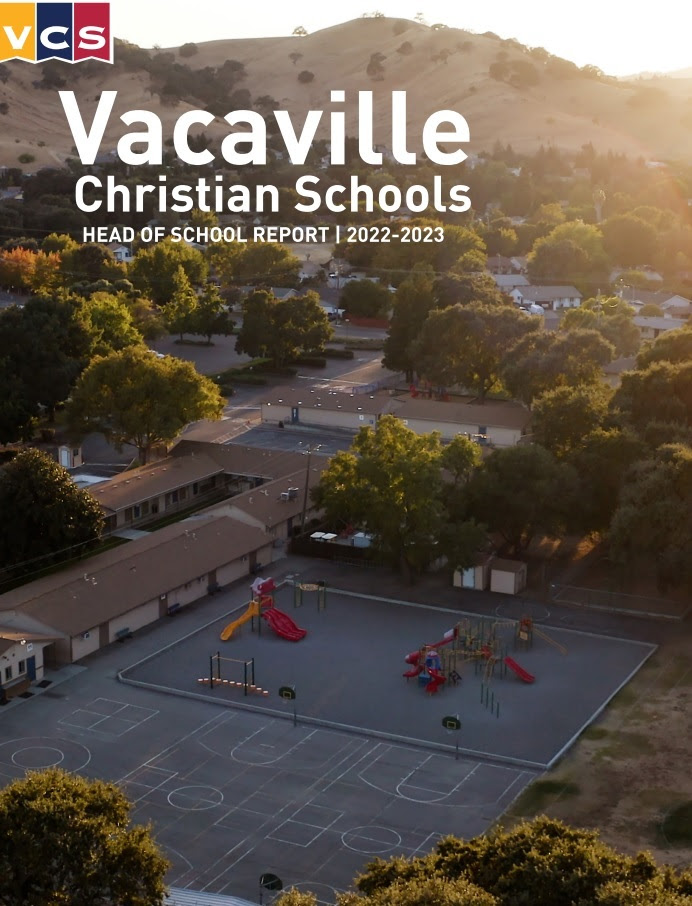January 2024
Head of School Thoughts- The Importance of Logic in Education
It was May of 1977. After returning from a military stint in Korea and nine years working as a financial analyst, Peter Lynch finally received his big break. He was promoted to manager of the Fidelity Investments’ Magellan Fund. The fund, at the time, held forty stocks and twenty million dollars in total assets. Fidelity’s CEO asked Peter to reduce the number of stocks to twenty-five. Lynch listened politely, then promptly increased the number of stocks in the fund to sixty, and shortly thereafter, to one hundred and fifty. Thus was the peculiar style of one of the most successful investors in the history of Wall Street.
Lynch served as Magellan’s fund manager through difficult economic times. On October 19th, 1987, Lynch watched the Dow Jones lose $500 billion dollars in a single stock trading day. Despite these and other challenges, Lynch’s Magellan Fund returned an astounding 29.20% annually on its investments while he served as manager between 1977 and 1990. The fund increased its assets from twenty million to fourteen billion over his tenure, making Magellan the most successful mutual fund in the world. In his book, “One Up on Wall Street”, Lynch muses on the education which prepared him for an uncanny, unprecedented career in investments. While an undergraduate, Lynch vigorously pursued a liberal arts, or classical, education. He says, “I…studied metaphysics, epistemology, logic, religion, and the philosophy of the ancient Greeks…it’s obvious that studying history and philosophy was much better preparation for the stock market.”
The Importance of a Liberal Arts Education
How was it that Peter Lynch remained an innovative, successful thinker through a decade which laid witness to colossal technological innovation, four presidential elections, and dramatic cultural vicissitudes? His career has something important to teach us about the purpose of education. Like many singular minds in history, such as Aristotle, Cicero, Augustine, and Blackstone, Lynch understood the importance of rigorously cultivating intellectual virtue by means of his education. The content and rigor of his liberal arts degree at Boston College has much in common with the education students receive at Vacaville Christian School. It exists with the core purpose of properly training an individual, both intellectually and spiritually, to make reasoned and virtuous choices in his life. This kind of intellectual and moral training transcends the capricious waves of innovation in our fast changing culture.
What Does it Look Like at VCS?
Students at VCS are required to complete a course in formal logic in either 9th or 10th grade as a requirement of graduation. Logic is the instrument by means of which we come to know anything. Aristotle believed that thought, language, and reality have the same fundamental relation, and careful consideration of what we say can help us to understand truth. We begin with simple descriptions of particular things and can eventually assemble pieces of information in order to achieve a comprehensive view of the world. While reflecting on his education, Lynch remarked, “Logic is the subject that has helped me most.” Formal training in logic is one of the ways students at VCS are prepared to think, and to think innovatively. A thorough understanding of logic trains students how to think, an intellectual virtue which transcends changes in time.
Ben Davis
Vacaville Christian Head of School







